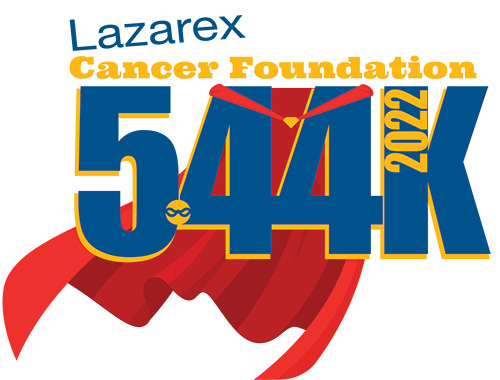When cancer patients don’t have access to clinical trials, everyone suffers. Why don’t patients have access? That’s the clinical trial conundrum that convened several members of Congress in mid-June for a roundtable with Lazarex Cancer Foundation.
In the meeting, held in conjunction with the Energy & Commerce Subcommittee on Health, the six members of Congress and cancer research advocates in attendance examined the financial barriers keeping most cancer patients from enrolling in clinical trials. In the discussion that ensued, they got right to the heart of the matter, asking this key question: why are cancer patients having to pay their own way to participate in research that potentially benefits countless other cancer patients and pharmaceutical companies?

This second annual Lazarex Congressional Roundtable focused on ways to improve patient enrollment, retention, and underserved and minority participation in cancer clinical trials and investigate opportunities to bring life-saving cancer drugs to the public market faster.
The discussion gathered members of Congress including Anna Eshoo (D-CA), Tom Cole (R-OK), Buddy Carter (R-GA), Greg Gianforte (R-MT), Mark DeSaulnier (D-CA) and Bobby Rush (D-IL). Industry thought-leaders also participating included representatives from Amgen and Merck along with consultants from Astra Zeneca, Pfizer and Celgene.
The most poignant moment of the compelling discussion emerged via a plea from the only cancer patient sitting at the table. Stage 4 breast cancer survivor, Jackie Hinckley said that offering a reimbursement program to help cancer patients ultimately benefits our ENTIRE population.
“I hope and pray there will be financial assistance for cancer patients,” said Hinckley, “If it weren’t for Lazarex and the assistance I receive, I would not be here today.”
Once a month Hinckley travels three thousand miles from California to Boston to participate in a clinical trial. The treatment is saving her life, and she’s taking a drug that could one day become FDA approved for many other cancer patients. But she came very close to being unable to participate in the trial due to an inability to afford the cost of the constant travel.

Lazarex Cancer Foundation provides reimbursements for out-of-pocket travel expenses associated with clinical trial participation including; airfare, lodging, parking, gas and costs of a travel companion. Lazarex also helps patients who may have run out of options, find clinical trials that could save their lives.
The discussion on Capitol Hill centered on the financial barriers that keep patients from taking part in critical cancer research, which ultimately stifles innovation of new therapies. Because of the barriers, only three percent of eligible cancer patients take part in clinical trials that could possibly save their lives. Fifty percent of clinical trials fail because they can’t enroll enough patients.
Dana Dornsife, Founder of Lazarex Cancer Foundation told the group, “we are abandoning potentially life-saving drugs at an alarming rate. Countless drugs will never make it to market simply because thousands of patients don’t get access.” She said, “The number one issue around patient enrollment is the out-of-pocket expense. When we remove that barrier, you will not believe what happens.”
As the conversation turned to possible solutions, everyone at the table agreed to engage in further discussions about legislation that would ultimately help the National Cancer Institute (NCI) develop a cancer trial patient reimbursement program. The group also discussed the potential for a proposal to combine federal funding with funding from pharmaceutical companies to reimburse patients. There was unanimous support of this idea based on an incentive for industry to initiate and for the NCI to match reimbursements for investigator trials.
Lazarex Cancer Foundation will meet with staff members in July 2019 to discuss moving forward on both efforts.




